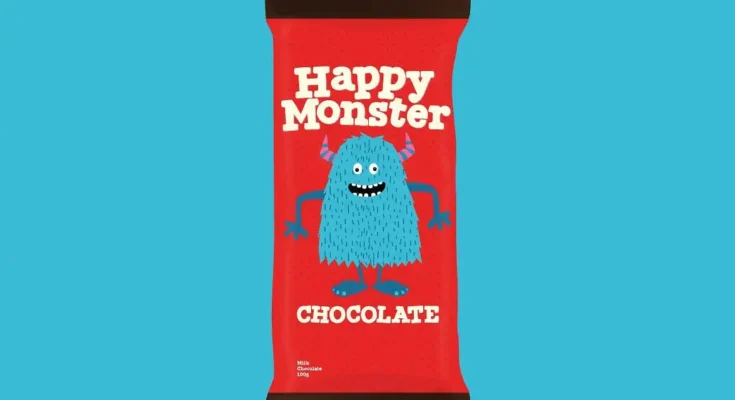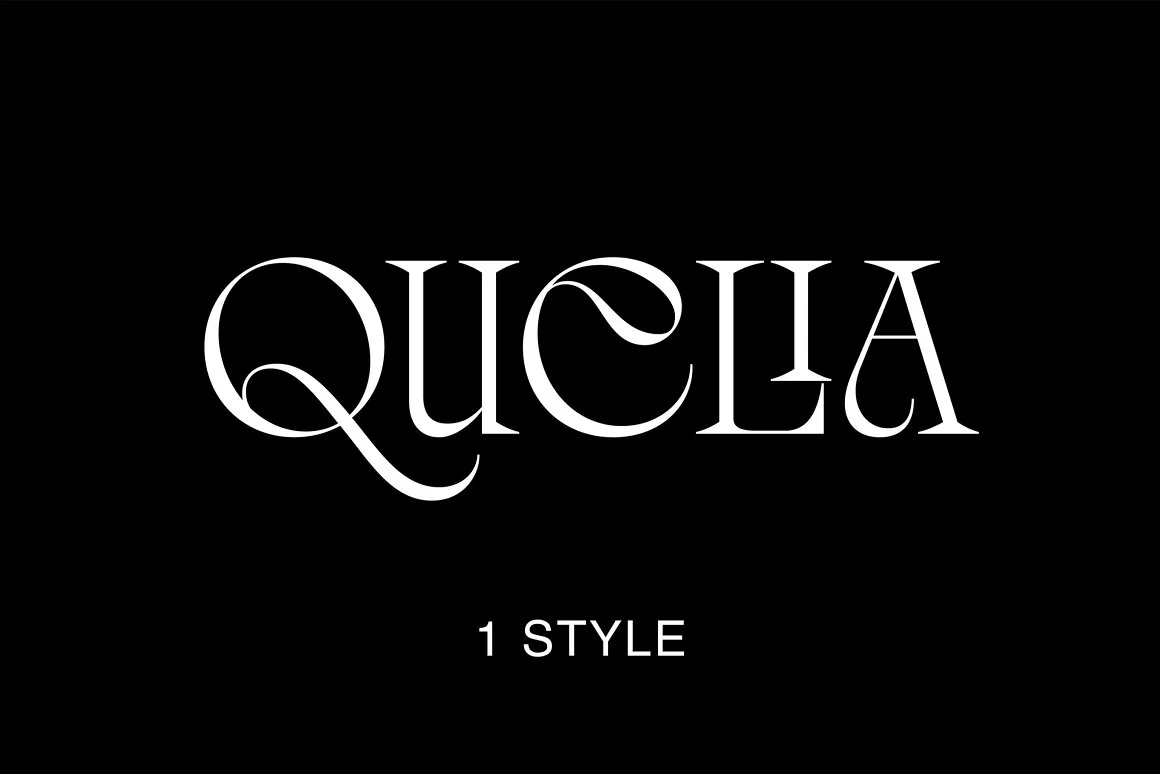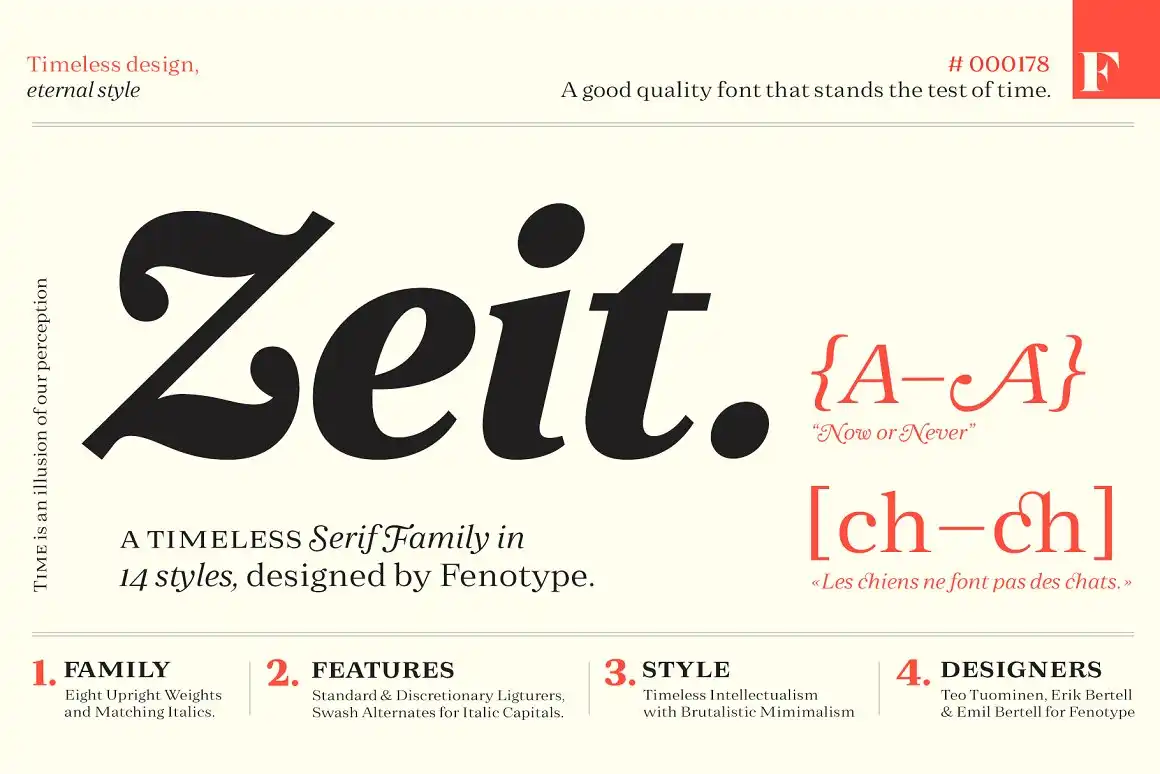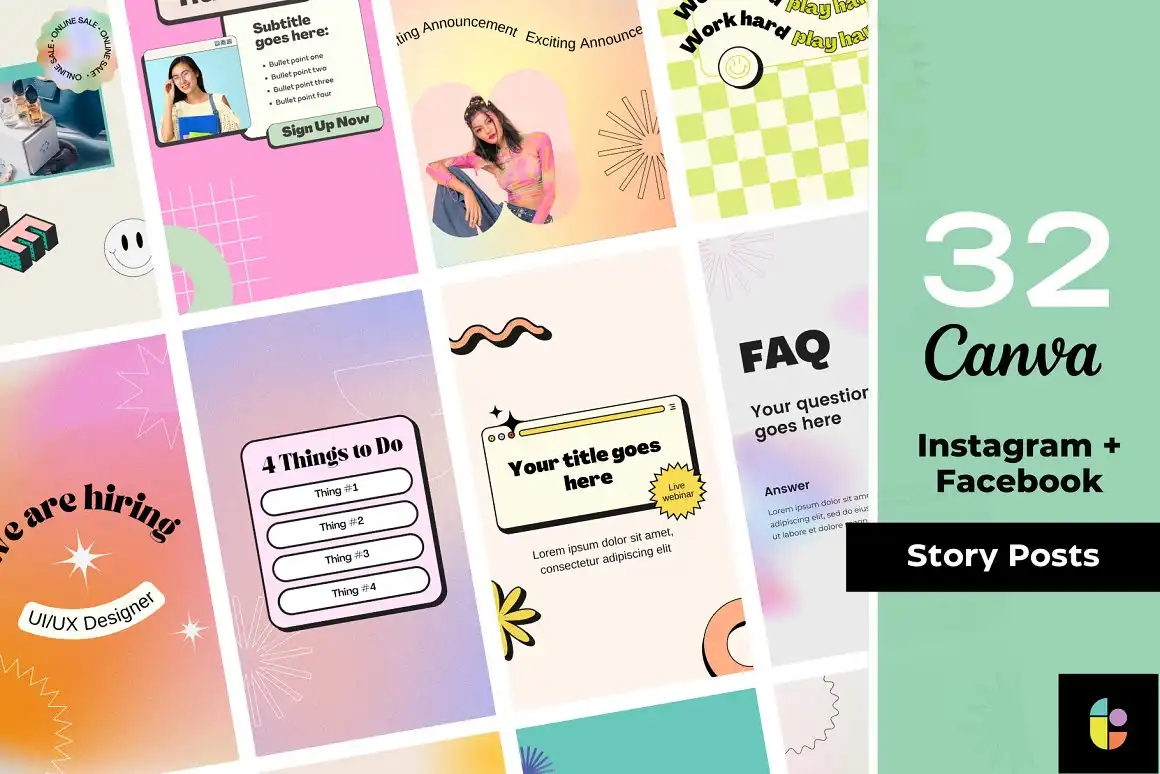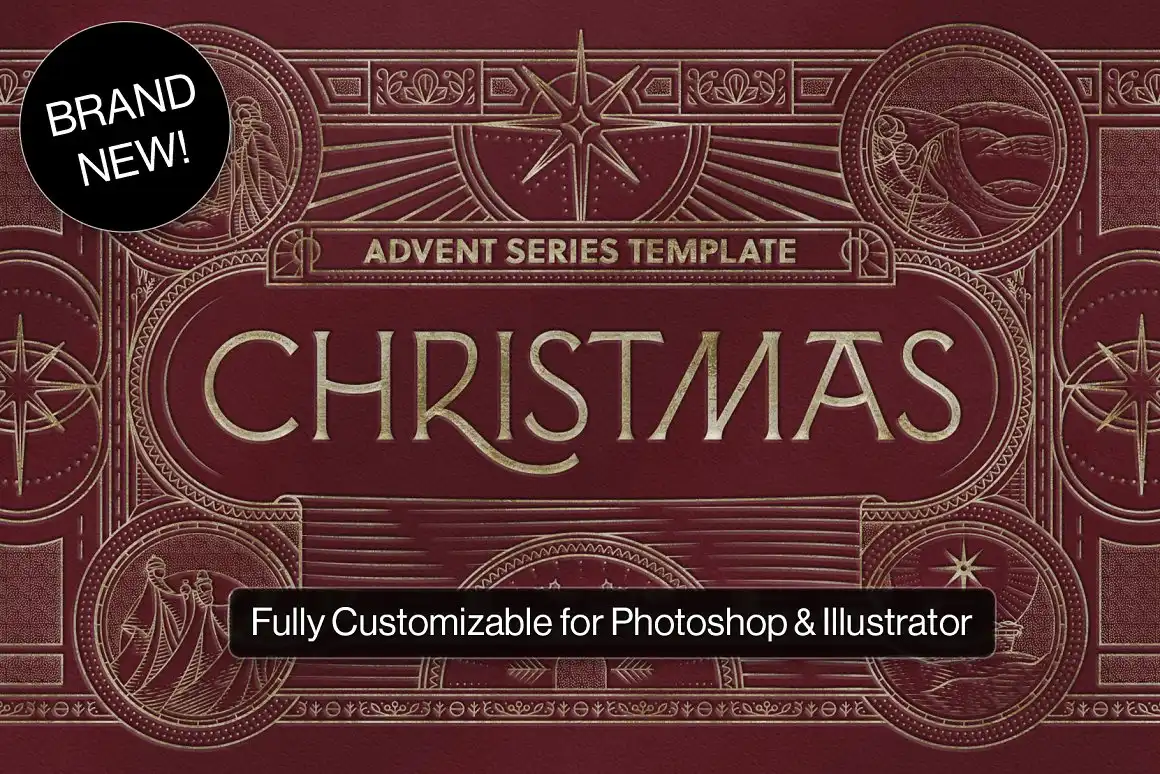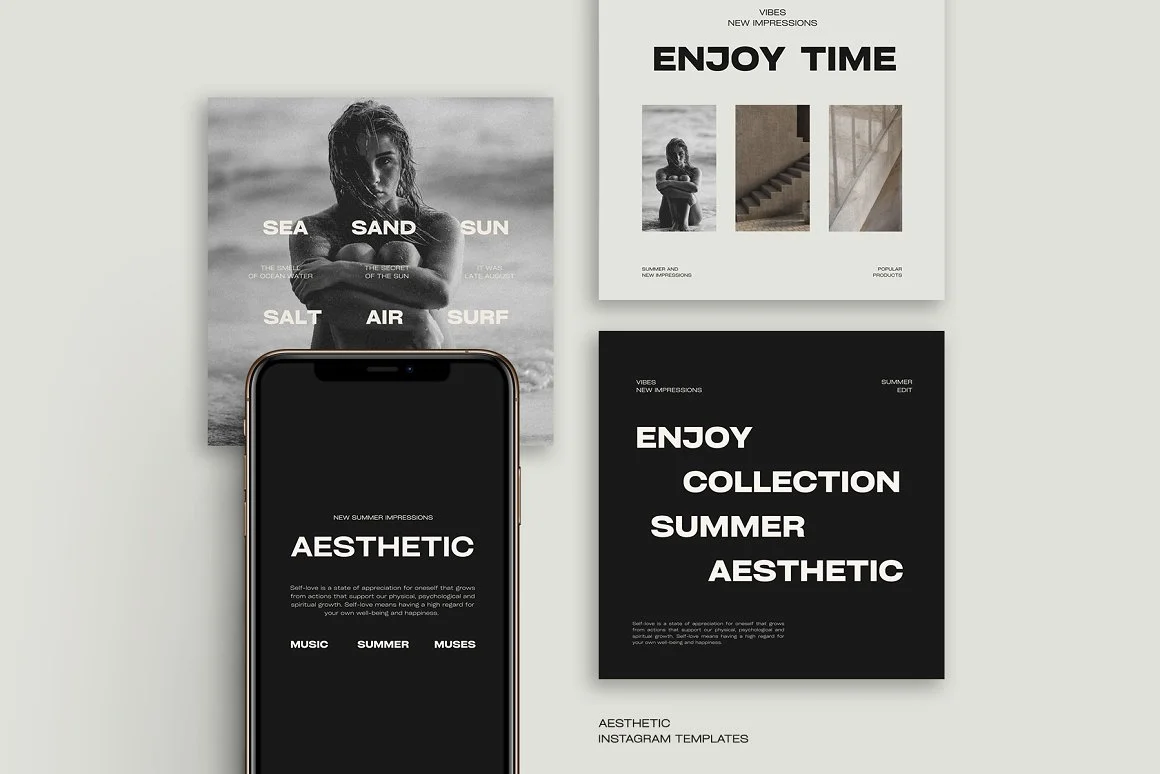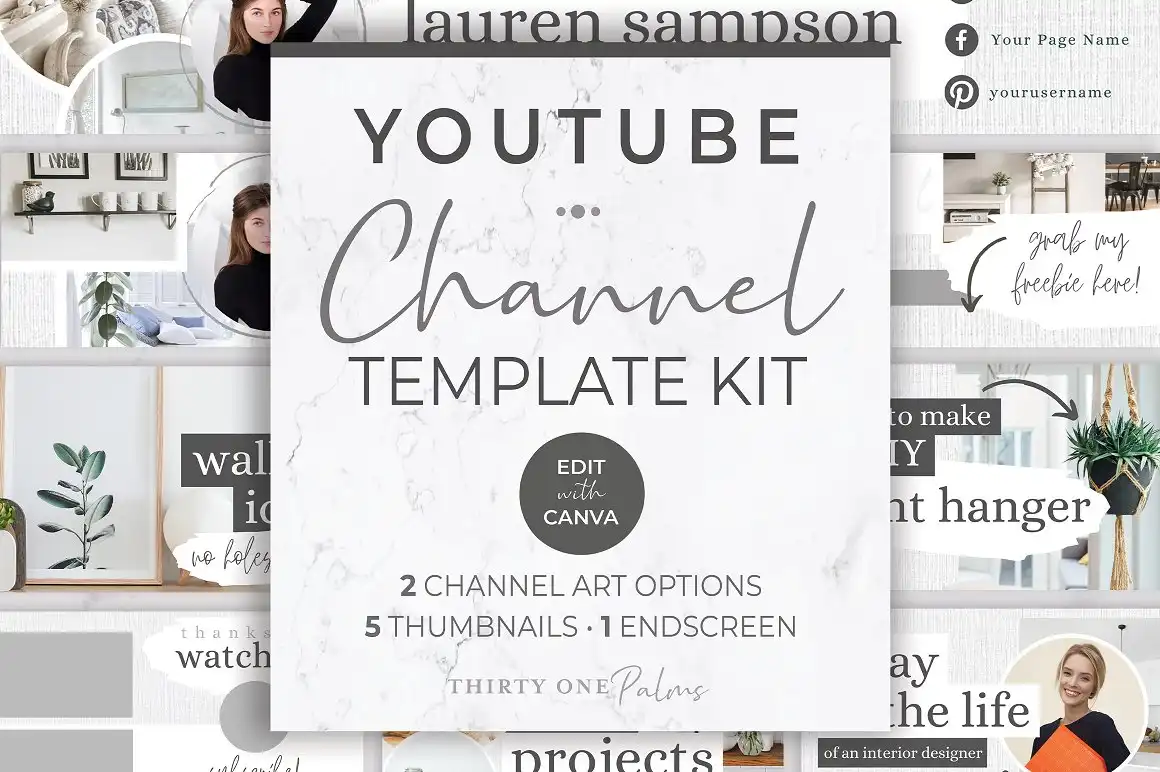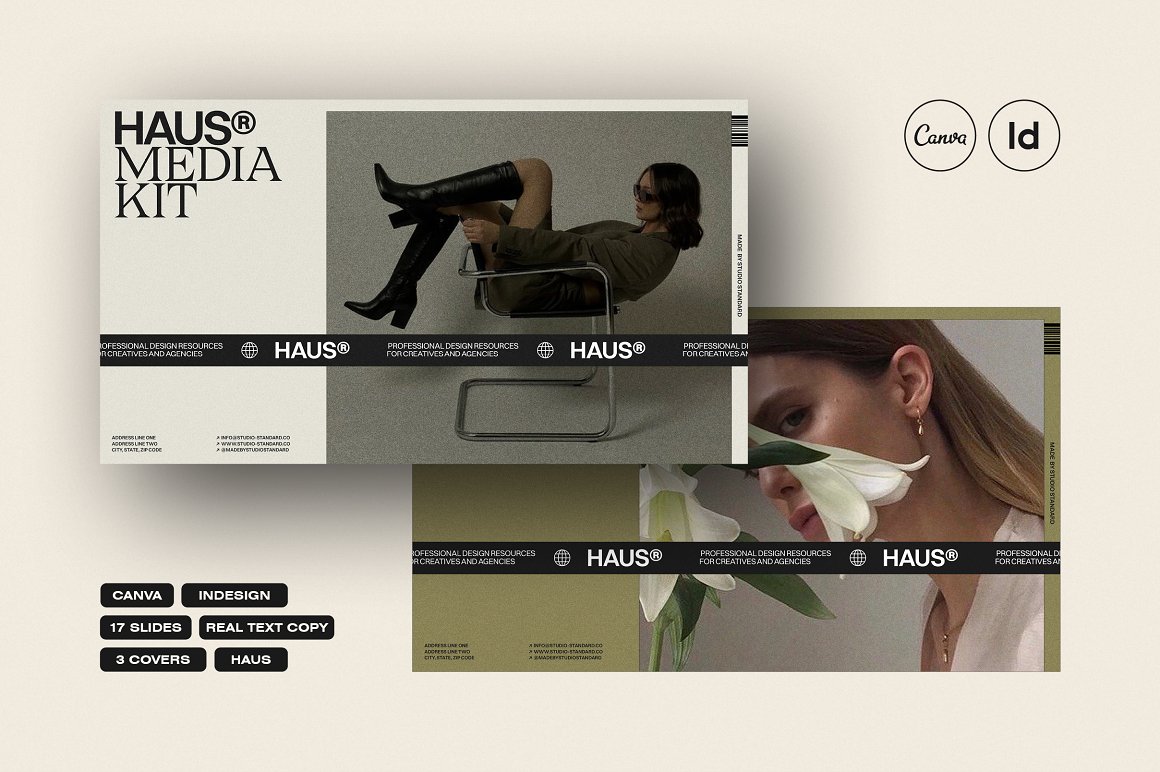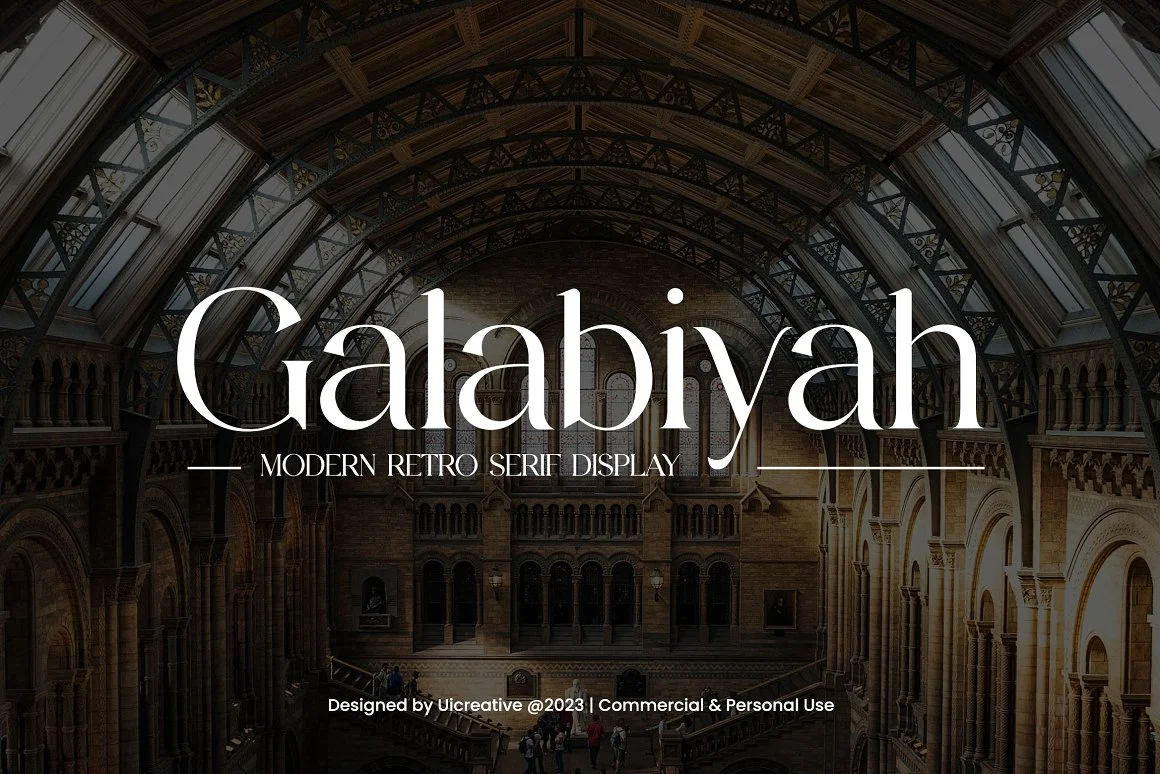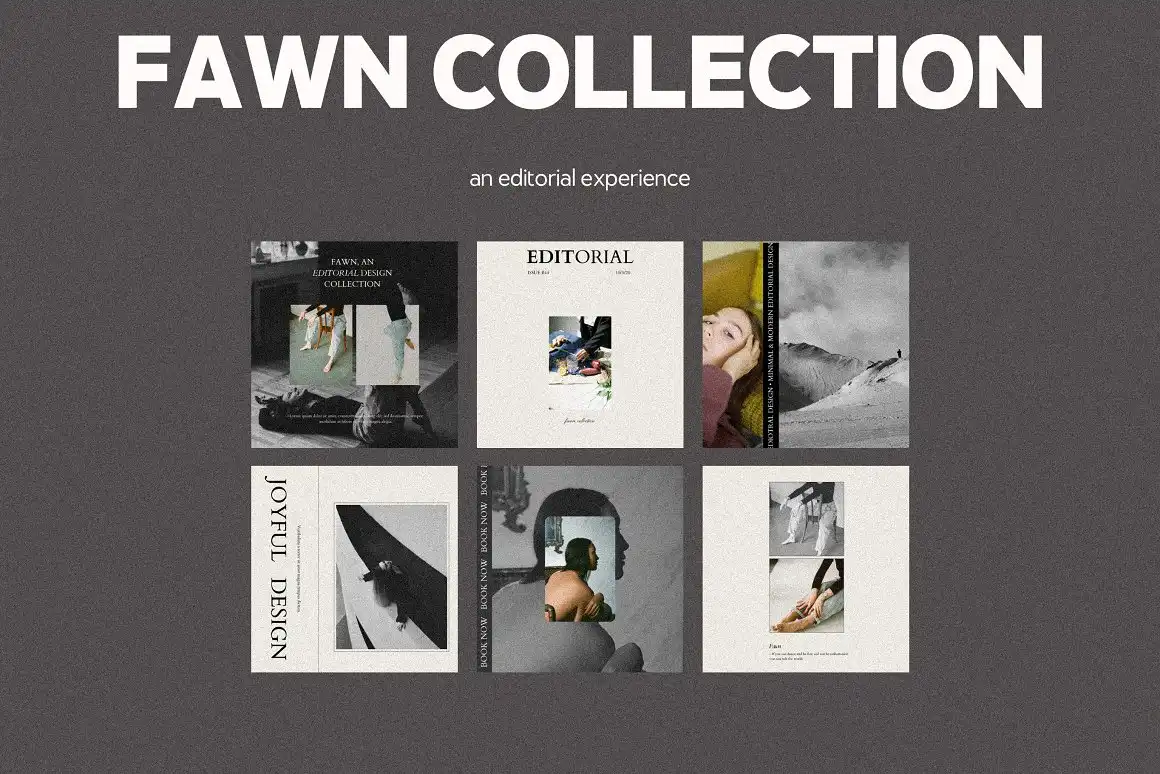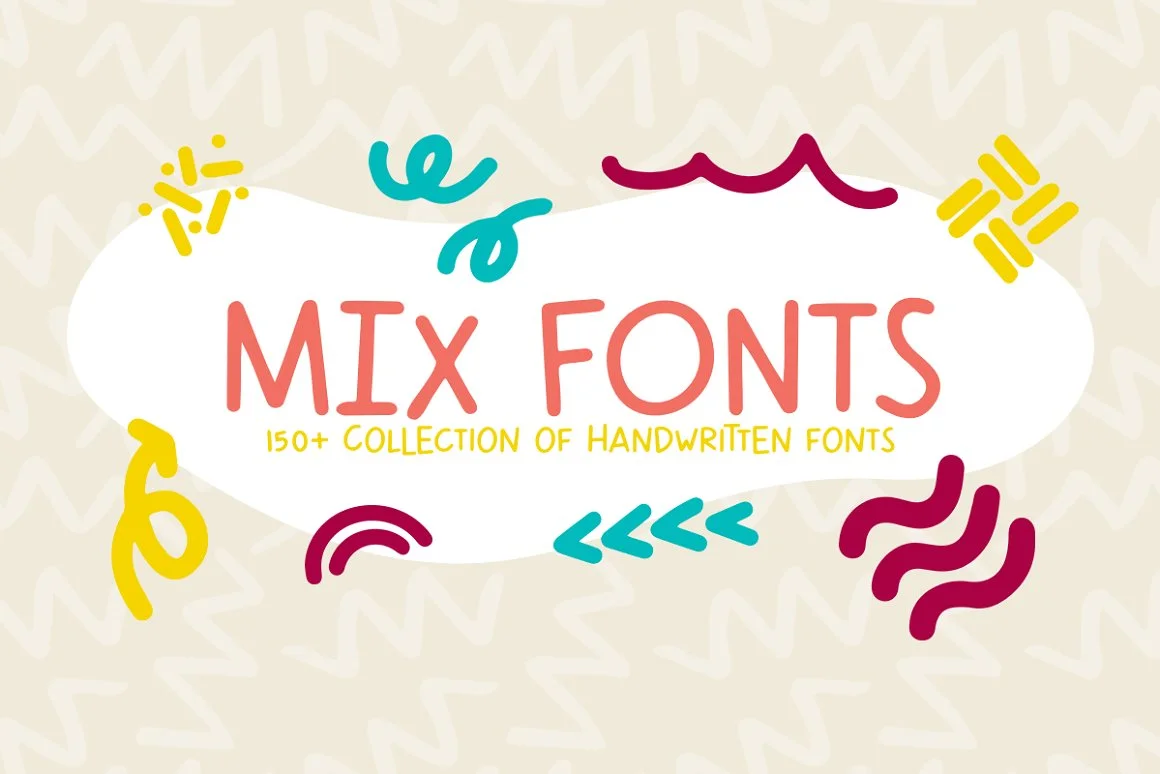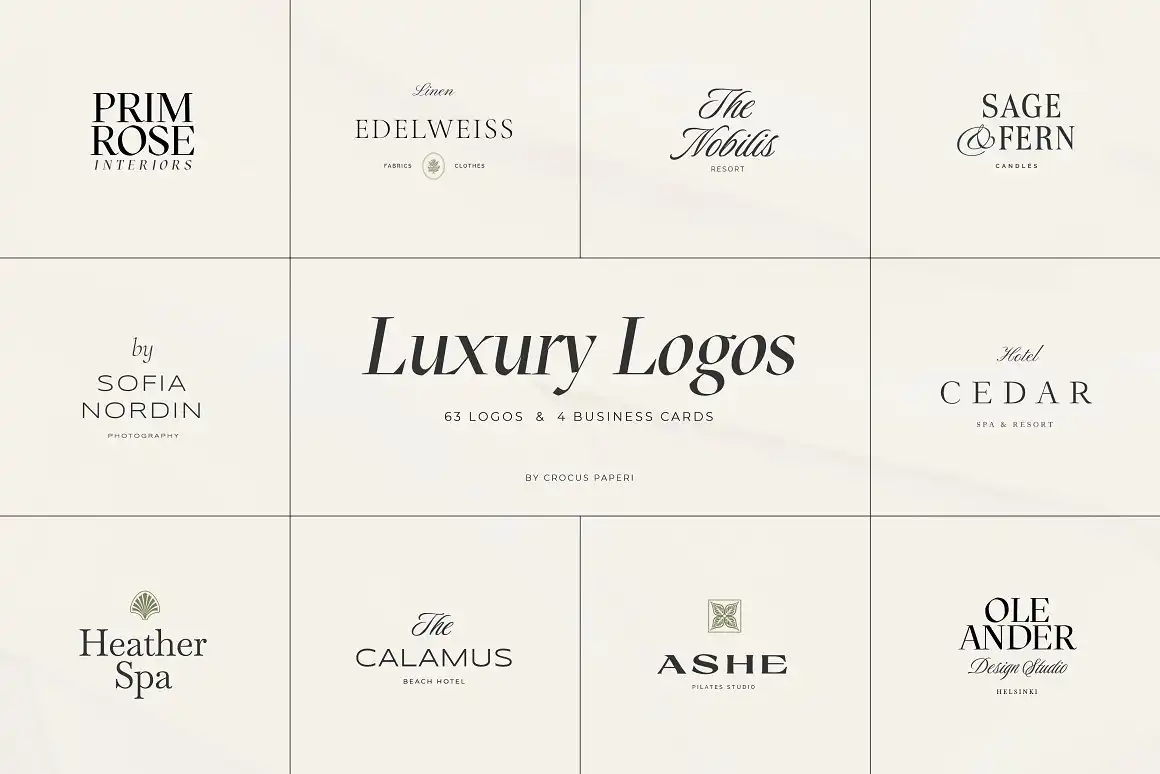Slab Serif Munky Font, also known as Egyptian or square serif fonts, are characterized by their thick, block-like serifs. These serifs convey a sense of solidity and strength, making slab serif fonts an excellent choice for projects that require a bold and impactful aesthetic. In this comprehensive guide, we delve deep into the world of slab serif fonts, exploring their history, characteristics, and practical applications.
History and Evolution
Slab serif fonts have a rich history dating back to the early 19th century. The genre first emerged as a response to the increasing demand for bold typefaces that could withstand the rigors of industrial printing processes. One of the earliest examples of a slab serif font is the “Antique,” designed by Vincent Figgins in 1815. Since then, slab serif fonts have evolved significantly, with modern designers putting their own unique spin on this classic style.
Characteristics of Slab Serif Fonts
Slab serif fonts are defined by several key characteristics that set them apart from other typefaces:
1. Boldness and Impact
The most prominent feature of slab serif fonts is their bold and impactful appearance. The thick, block-like serifs give these fonts a commanding presence, making them ideal for headlines, posters, and other design elements that require maximum visibility.
2. Geometric Shapes
Many slab serif fonts feature geometric shapes and proportions, further enhancing their modern and stylized aesthetic. This geometric precision adds a sense of order and symmetry to the overall design, making slab serif fonts a popular choice for contemporary projects.
3. Versatility
Despite their bold appearance, Slab Serif Munky Font can be surprisingly versatile. Depending on the specific design elements and styling choices, these fonts can convey a wide range of moods and emotions, from rugged and masculine to elegant and sophisticated.
Related of Post >>> Mix Fonts Collection (150+Fonts)

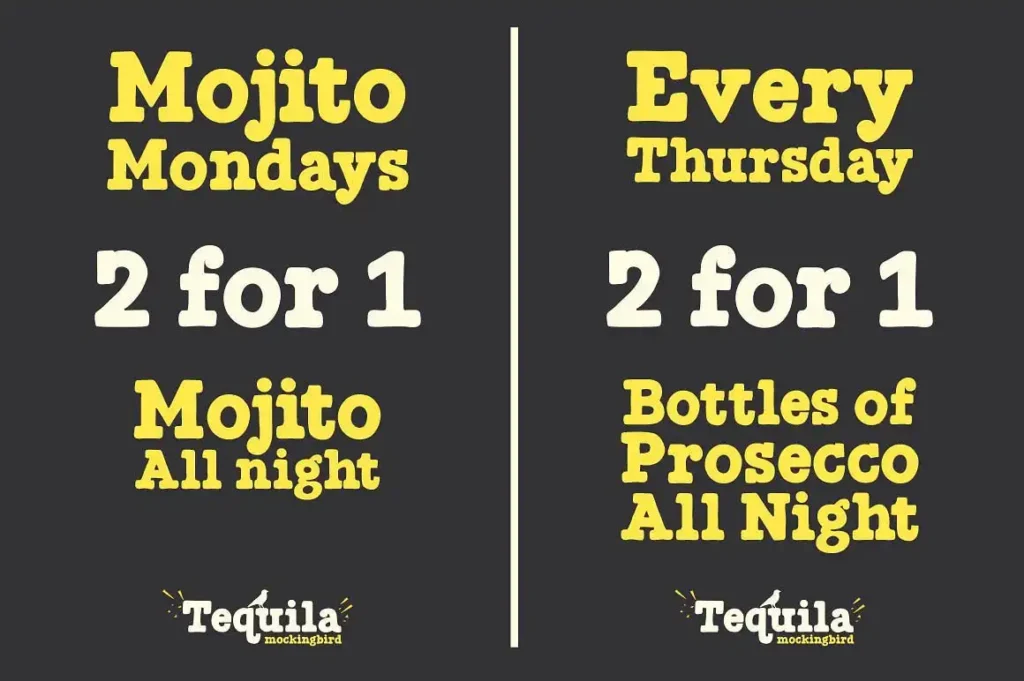
Practical Applications
Slab serif fonts find applications across various design disciplines, including:
1. Branding and Identity
Many companies use slab serif fonts in their logos and branding materials to convey a sense of strength, reliability, and professionalism. The bold, assertive nature of these fonts makes them well-suited for creating memorable brand identities that stand out in a crowded marketplace.
2. Editorial Design
In editorial design, slab serif fonts are often used for headlines, pull quotes, and other prominent text elements. Their bold and attention-grabbing appearance helps draw readers’ attention and create visual hierarchy within the layout.
3. Web Design
With the increasing emphasis on responsive and user-friendly web design, slab serif fonts have become a popular choice for digital typography. Many web designers opt for slab serif fonts to add personality and character to their websites while ensuring readability across different devices and screen sizes.
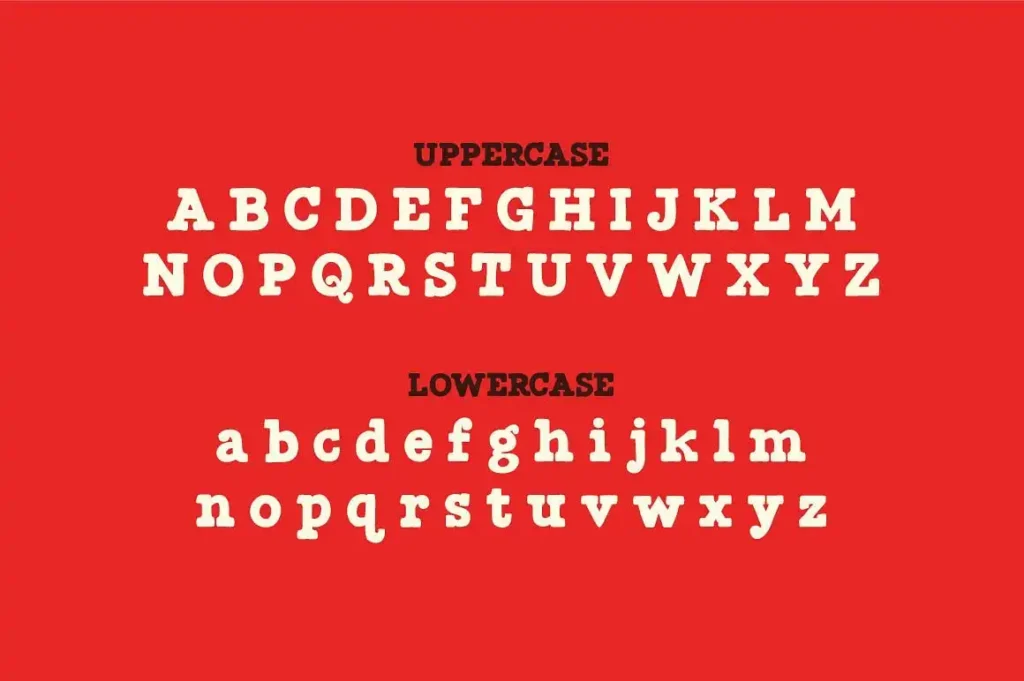
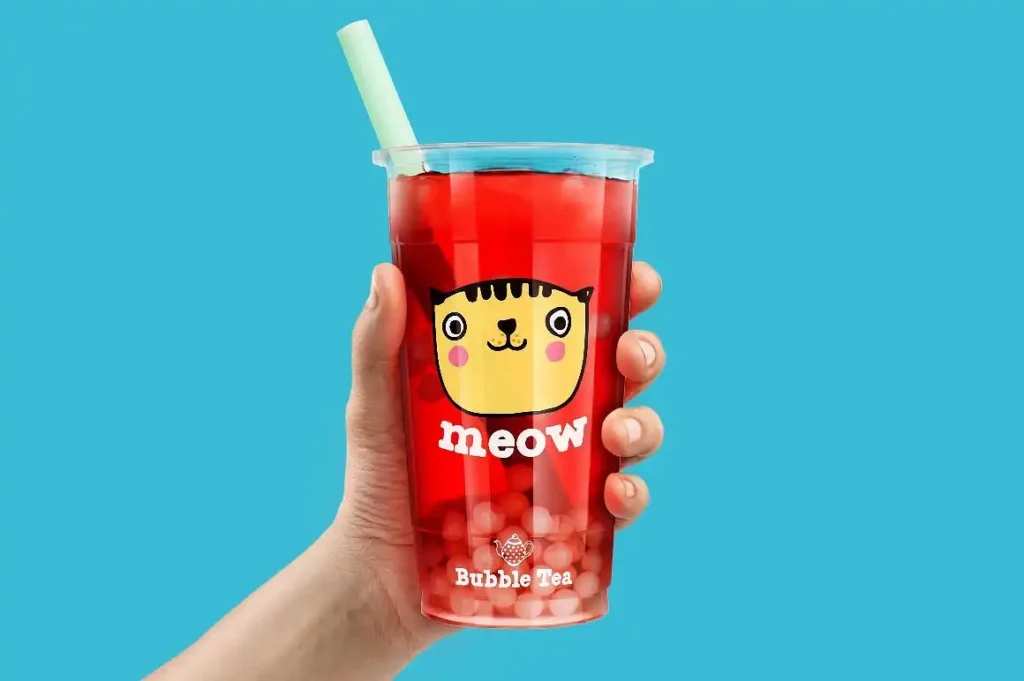
Conclusion
In conclusion, slab serif fonts are a versatile and impactful choice for designers seeking to make a bold statement with their typography. Whether used in branding, editorial design, or web design, these fonts have the power to captivate audiences and leave a lasting impression. By understanding the history, characteristics, and practical applications of slab serif fonts, designers can unlock endless creative possibilities and elevate their projects to new heights of excellence.

